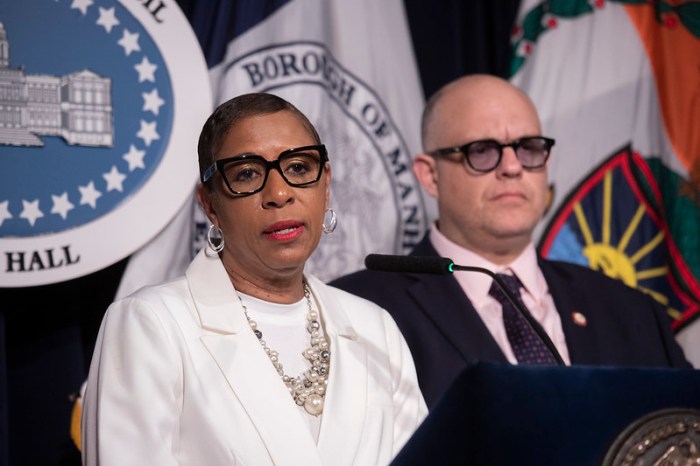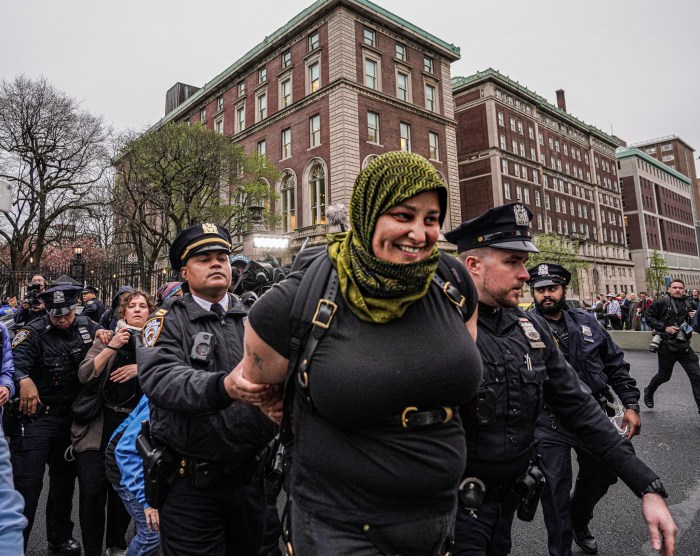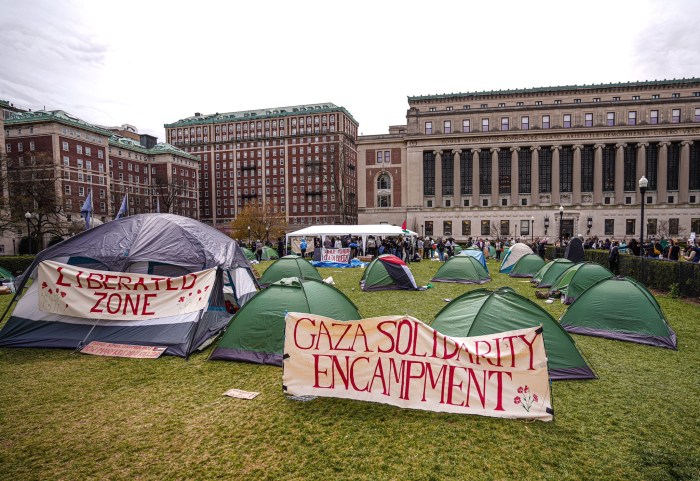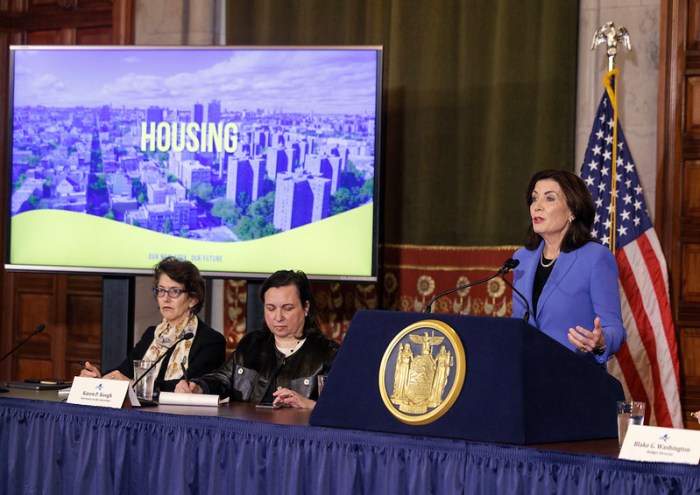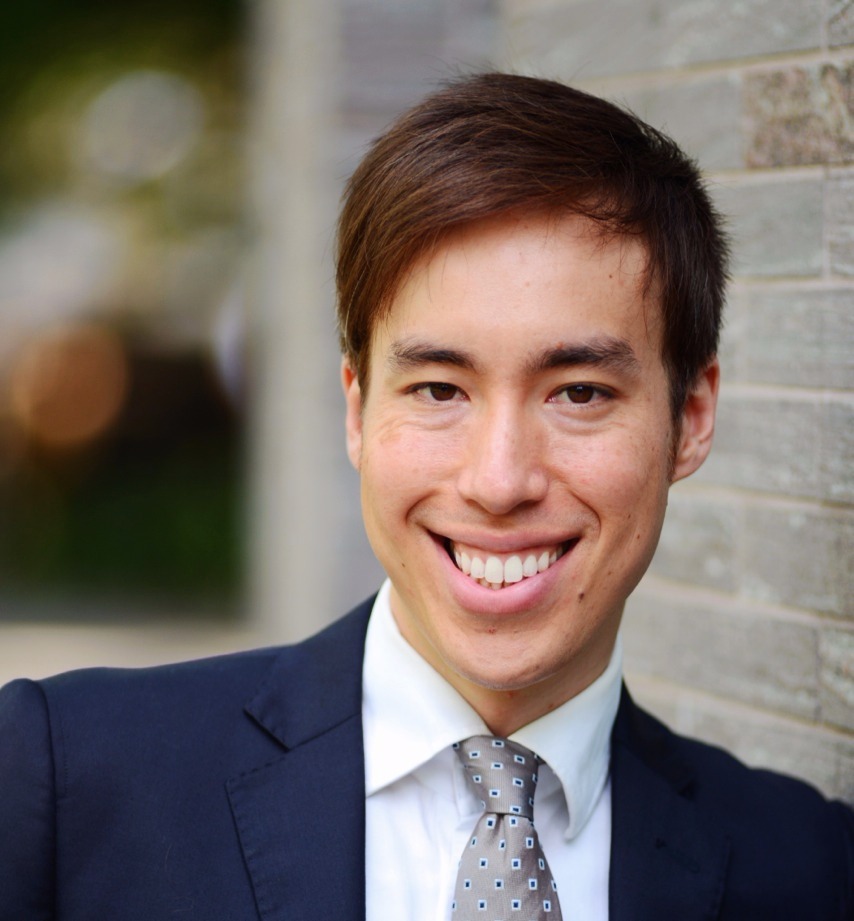
BY SYDNEY PEREIRA | In a packed field for public advocate, Ben Yee, the Democratic state committeeman for the 66th Assembly District, is running on a platform inspired by his passion for civics education.
Yee, 34, is also currently the secretary of the Manhattan Democratic Party. He kicked off his political career a decade ago as digital director for Obama’s first campaign in New York State. He said he was subsequently offered a job in the Obama administration in the Treasury Department. But he instead chose to work for the then-Democratic state Senate to build its technology infrastructure, like getting all the lawmakers on Facebook and building better Web sites.
His current campaign manager, Al Benninghoff, convinced Yee to join the Manhattan Young Democrats and encourage young people to run for County Committee, plus make that process more digitally accessible. Democratic County Committee members are unpaid and tasked with nominating Democratic judicial candidates and candidates for special elections, among other things.
Yee’s experience has resonated with some, even inspiring them to become politically involved through his civics workshops. The Village Independent Democrats and One Queens Indivisible have both endorsed Yee.
In an interview with The Villager, Yee, a lifelong New Yorker, described why he believes he’s the only candidate with a real vision for the office of New York City public advocate.
VILLAGER: Some folks at V.I.D., including the club’s recently elected president, David Siffert, credited you for getting them involved in the club after attending your civics workshops. Could you tell us about those workshops?
YEE: I’ve been doing abbreviated versions of that talk for the last eight years about how the County Committee works. I started holding these workshops in the early days right after January 2017 when Trump was inaugurated. That interest obviously eventually tailed off. But the hundreds of people that I had trained and spoken to, many of them have gone out and joined the groups that I spoke of — such as Democratic clubs and Indivisible groups.
That’s easily the most gratifying thing that I’ve done. I guess I did help get Barack Obama elected, which is pretty big. But it could be one of the highlights of my life having activated these hundreds and hundreds of people.
How has running those workshops influenced your platform for public advocate, which includes “civics for all,” a political 311 hotline, building community coalitions, and investigating entities like the Board of Elections?
Civics education is obviously one of the core tenets.
Having taught the workshops and seen the rate at which people will get engaged — or will at least start contacting their elected officials knowledgeably if you give them the information — has been incredibly impactful in driving me to make this part of what the government does.
If we’re going to be living in a democracy, the people responsible for sustaining that democracy — which is our democratically elected government — should have the responsibility of ensuring that everybody understands how this works.
These are programs for the public advocate’s office. They don’t require the public advocate to go to anybody else and ask for permission. That is a losing strategy, and to have a platform that is based on somebody else telling you that you can do something is not a program of public advocacy.
What makes you stand out in this field? What do you tell voters who haven’t heard of you?
I truly am the only candidate that has a vision for how to use the office as it is to improve the way that government works for New Yorkers. I’ll walk them through the three programs and how an office like this, which is not the most powerful, could be used to improve the lives of New Yorkers.
People find that very compelling honestly. It’s more than just, “I think this is a problem and this is a problem and this is a problem and I’m going to fight for it.”
I have an explanation to get from where we are to where I think most New Yorkers agree we need to be.
In this race, you’ve been considered an activist candidate. But you’re also very much a part of the Democratic Party institution in your role as state committeeman and the secretary of the Manhattan Democratic Party. Where do you see yourself in that bigger picture among progressives?
I oftentimes like to describe myself as an outsider on the inside. But ultimately what it really comes down to is the new folks who are getting involved in politics — the Ocasio-Cortezes who have won the seats in Congress and what have you. I’m essentially like them, except I started doing it 10 years ago.
My campaign manager [Benninghoff] is actually the guy who got me involved in local politics. It was after the Obama campaign, and he said, “Oh, come join Manhattan Young Democrats and be my vice president.” And I said, “No way, that sounds really boring and hackey.” I said I was just on a national campaign. I was the digital director for the entire state. I did all the data, all the tech — I could do something bigger probably. And eventually, and I’ll never forget this conversation, he said, “Don’t you want to keep the change that Obama promised going?”
So, in that regard…there was no fanfare in this work. It’s not running for Congress and beating Joe Crowley. But, for what it was, it was the exact sort of impetus and energy and spirit.
And I maintain that spirit to this day. I continue to be an independent voice in the party for my voters, and really for the idea of democracy as a whole.
I’m really into democracy. I don’t know if that comes across, but I am.
Yes, it definitely comes across. What made local politics so appealing, particularly assuming you could have gone to work in Washington, D.C.?
I was offered a job in D.C. in Treasury. I didn’t go to Washington to join the administration because, even though that is important work, there’s only so many people who will stay and do the local thing. And I don’t know what my life would’ve been like if I had gone to Washington. But I can certainly say that I’m happy with what I’ve done and what I’ve been able to accomplish here.
This interview has been edited for clarity and length.










